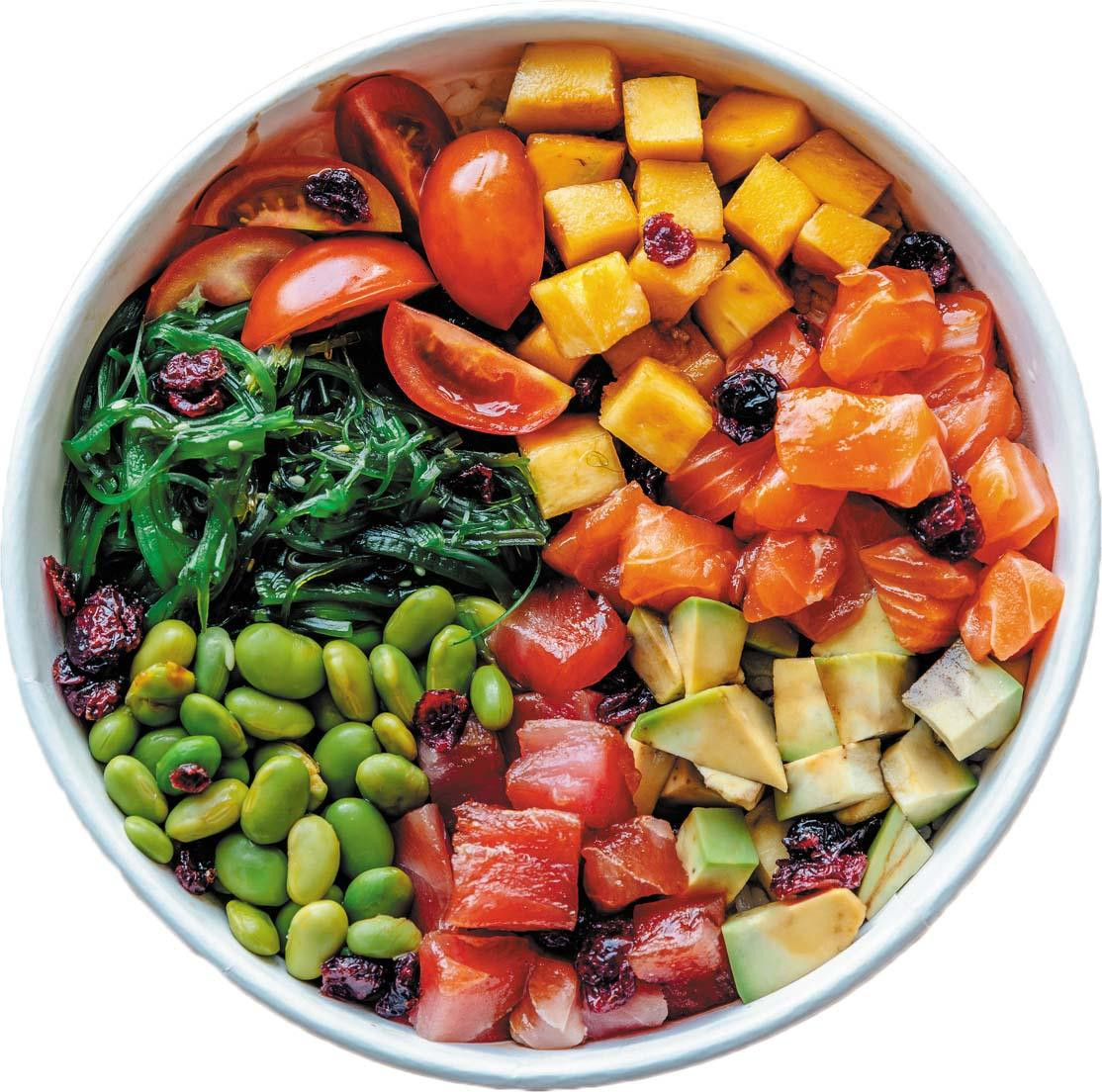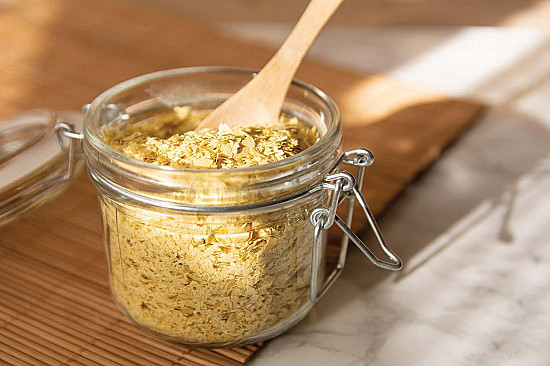Aim for quantity and variety in fruit and vegetable intake
News briefs
- Reviewed by Anthony L. Komaroff, MD, Editor in Chief, Harvard Health Letter; Editorial Advisory Board Member, Harvard Health Publishing

Eating a diet rich in flavonoids — the plant chemicals that give many fruits and vegetables their vibrant colors — is tied to a number of health benefits, such as sharper thinking, longevity, and reduced risk for diabetes. But it’s not just the quantity of flavonoids that’s important, it’s also the variety, suggests a study published online June 2, 2025, by Nature Food. Researchers evaluated the health and self-reported diet information of almost 125,000 people (ages 40 to 69) who were followed for about a decade. Both the quantity and variety of flavonoid intake were independently linked with significantly lower risks of chronic disease and death from any cause. The sweet spots seemed to be eating at least 13 different types of flavonoid-rich foods per day, compared to six; and consuming at least 500 milligrams (mg) of flavonoids per day, compared to 230 mg per day. The study was observational and can’t prove that consuming flavonoids increased life span, but eating lots of fruits and vegetables is healthy for many reasons. So go ahead and enjoy flavonoid-rich drinks like tea and foods like oranges, berries, butternut squash, peppers, grapes, apples, pears, and even dark chocolate (in moderation).
Image: © Alexander Spatari/Getty Images
About the Author

Heidi Godman, Managing Director
About the Reviewer

Anthony L. Komaroff, MD, Editor in Chief, Harvard Health Letter; Editorial Advisory Board Member, Harvard Health Publishing
Disclaimer:
As a service to our readers, Harvard Health Publishing provides access to our library of archived content. Please note the date of last review or update on all articles.
No content on this site, regardless of date, should ever be used as a substitute for direct medical advice from your doctor or other qualified clinician.















